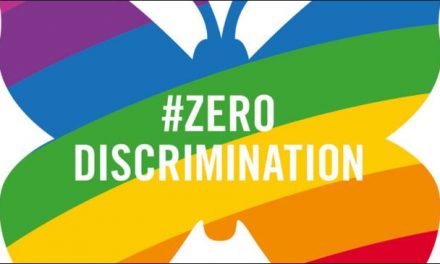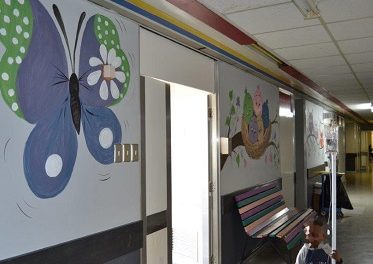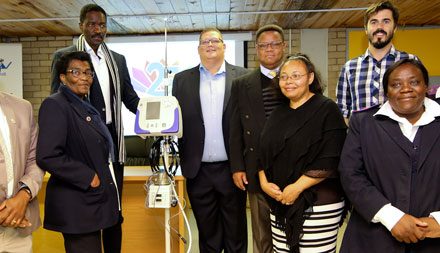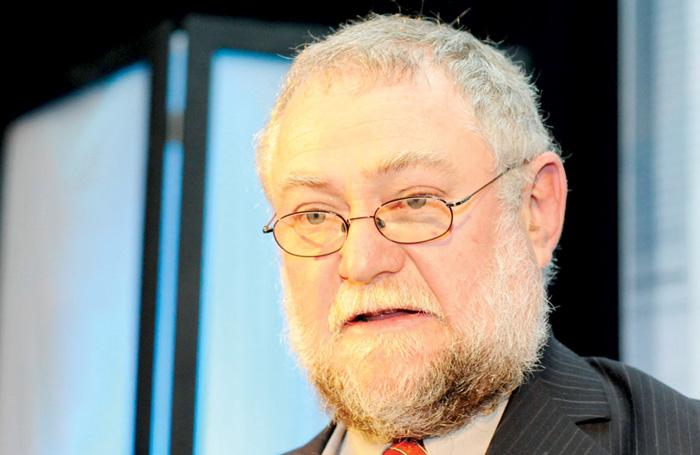
Africa embraces project ECHO to tackle health challenges – Namibia championing HIV fight through project
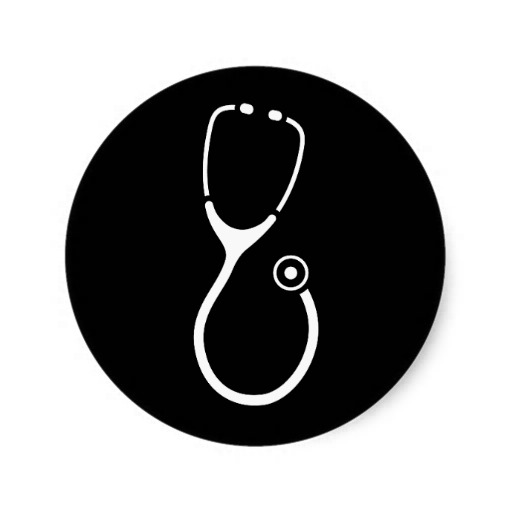
Project ECHO, a collaborative learning and practice platform dedicated to improving health care delivery in the world’s poorest and most undeserved areas, will conduct an immersion workshop training on 18 to 19 February in Johannesburg, South Africa.
Around 75 public health care leaders and providers across Africa who want to use the ECHO model to reduce disease and improve health in their communities, will be attending.
The first African ECHO was launched in Namibia in 2015 and has grown to nearly two dozen programmes run by local hubs in 13 countries, Ministries of Health all over the continent are recognising the potential of the ECHO model to more effectively build workforce capacity across health systems.
Namibia has adapted the model to address HIV service issues such as linkage to care, delivery service models and treatment of patients with high viral loads, therefore it is part of a larger effort to improve care and treatment of the estimated 37 million people living with HIV world.
Bruce Struminger, Managing Director, who leads the ECHO Institute’s initiative in Africa said their movement in Africa is expanding rapidly across countries, across regions and across disease programme areas.
“Most exciting is the development of critical communication, collaboration and capacity, building networks both across and within countries that allow senior health officials from multiple sectors to work together in a new, more direct way to address problems on the ground,” he added.
Chief Clinical Mentor at the Ministry of Health and Social Service’s National HIV Programme, Dr Leonard Bikinesi, said Project ECHO has proven to be one of the most useful tools the ministry is using to build capacity of health care workers and improve quality of health care services for patients.
The ministry piloted the project to expand HIV services delivery at sites with high HIV prevalence. They have over a year engaged over 100 providers in ten state hospitals around the country in weekly teleECHO sessions on HIV care and treatment.
Namibia’s health ministry did this so successfully that, after its conclusion in September 2016, the ministry expanded it to other site.
The project in the country is now in its third year and has more than 40 sites participating in the weekly ECHO sessions.

























